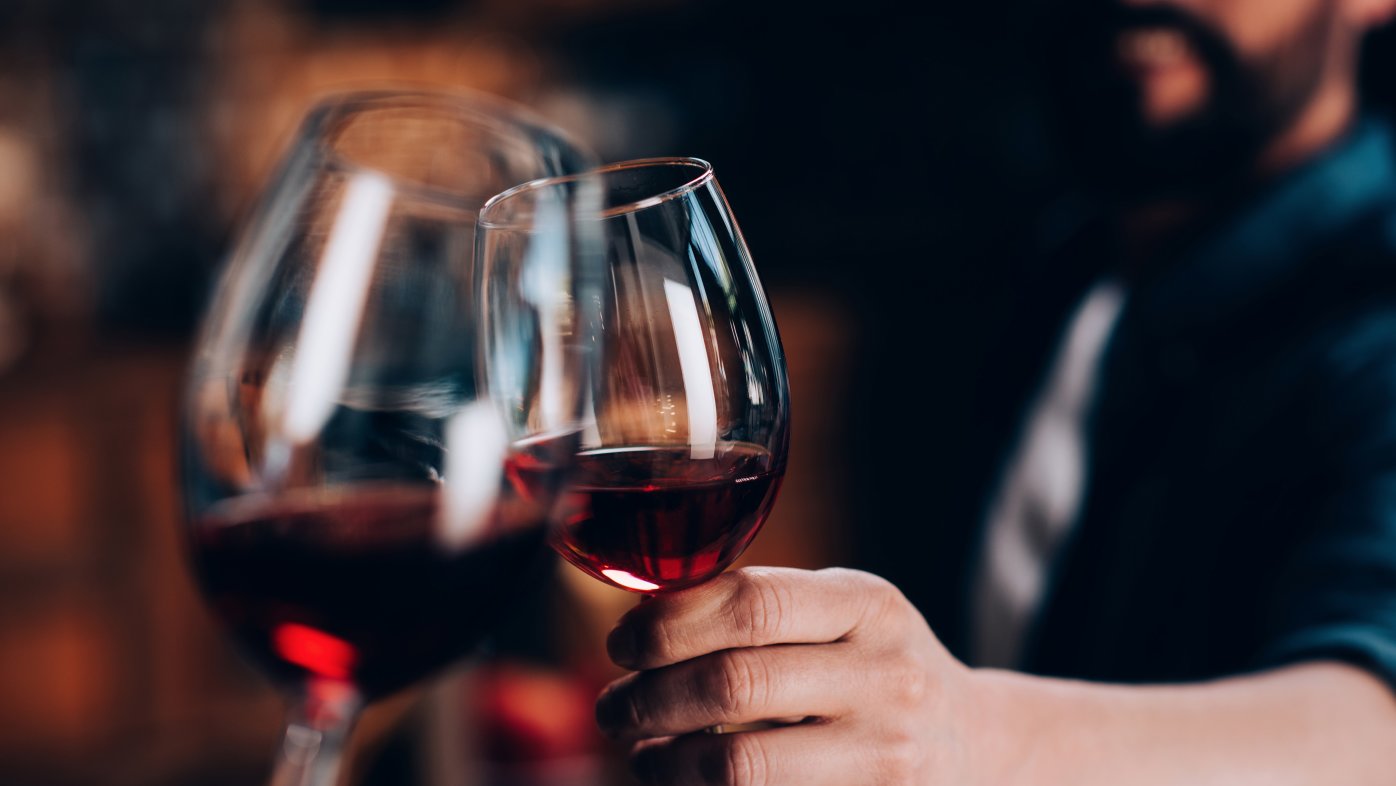
When does drinking become a problem?
It’s important to know the effects of excessive alcohol use and how to find help when drinking goes from simply social to excessive.
For some people, experiencing a stressful day or a heated argument with a loved one might trigger a strong urge to have a drink. However, triggers — specific cues or stressors that lead to alcohol cravings and drinking — when recognized, can lead instead to healthy activities.
Serene Carruthers, LMFT, manager of Sharp McDonald Center, identifies some common triggers and provides alternative activities that support well-being and may help limit the urge to drink.
Common triggers
There are three common types of triggers that can lead to unhealthy behaviors and coping methods, including drinking:
“Understanding the impact of these triggers on our behavior is important to develop healthier alternatives,” she says. “For instance, rather than turning to alcohol when feeling stressed or lonely, individuals can seek support from friends and family, engage in physical activity, or practice mindfulness and relaxation techniques.”
Healthier alternatives to drinking
It’s essential, Carruthers says, to recognize that relying on alcohol as a response to triggers can lead to negative consequences and isn't a sustainable solution. “Individuals must identify and acknowledge their emotions, remembering that thoughts come and go, and we do not have to act on every thought,” she says.
Carruthers suggests:
Exercising regularly. Physical activity can significantly boost mood and reduce stress.
Practicing mindfulness. Mindfulness and meditation can help manage emotions and improve mental clarity.
Getting a good night's sleep. Quality sleep can change your mood and energy levels the next day.
“Remember, too, that seeking professional help from therapists and counselors can provide healthy coping strategies to deal with emotions,” Carruthers says.
When it comes to coping ahead of social situations, Carruthers recommends finding ways to engage in non-drinking meetups. This can include finding new group hobbies, exploring coffee shops in your neighborhood, or learning how to play a new sport — all of which can provide social interaction without the presence of alcohol.
“Turning a wine night into a fun mocktail craft night or going for a hike can serve as the new social meetup,” Carruthers says.
Carruthers also stressed the importance of removing alcohol and related items from your home to reduce triggers to consume alcohol when alone or with family members.
“Being open with friends and family about your goals and finding people in your life who support the decision to limit or cut out alcohol can help strengthen the support system and help you stay on track,” says Carruthers. “Additionally, certain relationships may trigger drinking, so it's important to either avoid these situations or set boundaries and have an alternate plan in place.”
Once habits are formed, whether they are good or bad, they become behaviors that are easy and automatic for the individual, Carruthers says. Identifying the habits that trigger the urge to drink and replacing them with new, healthier habits is key.
If you or a loved one continues to be challenged by finding alternatives to drinking, Carruthers suggests it might be time to consider seeking professional help. Together, you can address and manage alcohol cravings and determine whether a higher level of care may be appropriate.
Learn about substance use treatment at Sharp McDonald Center; get the latest health and wellness news, trends and patient stories from Sharp Health News; and subscribe to our weekly newsletter by clicking the "Sign up" link below.
Our weekly email brings you the latest health tips, recipes and stories.